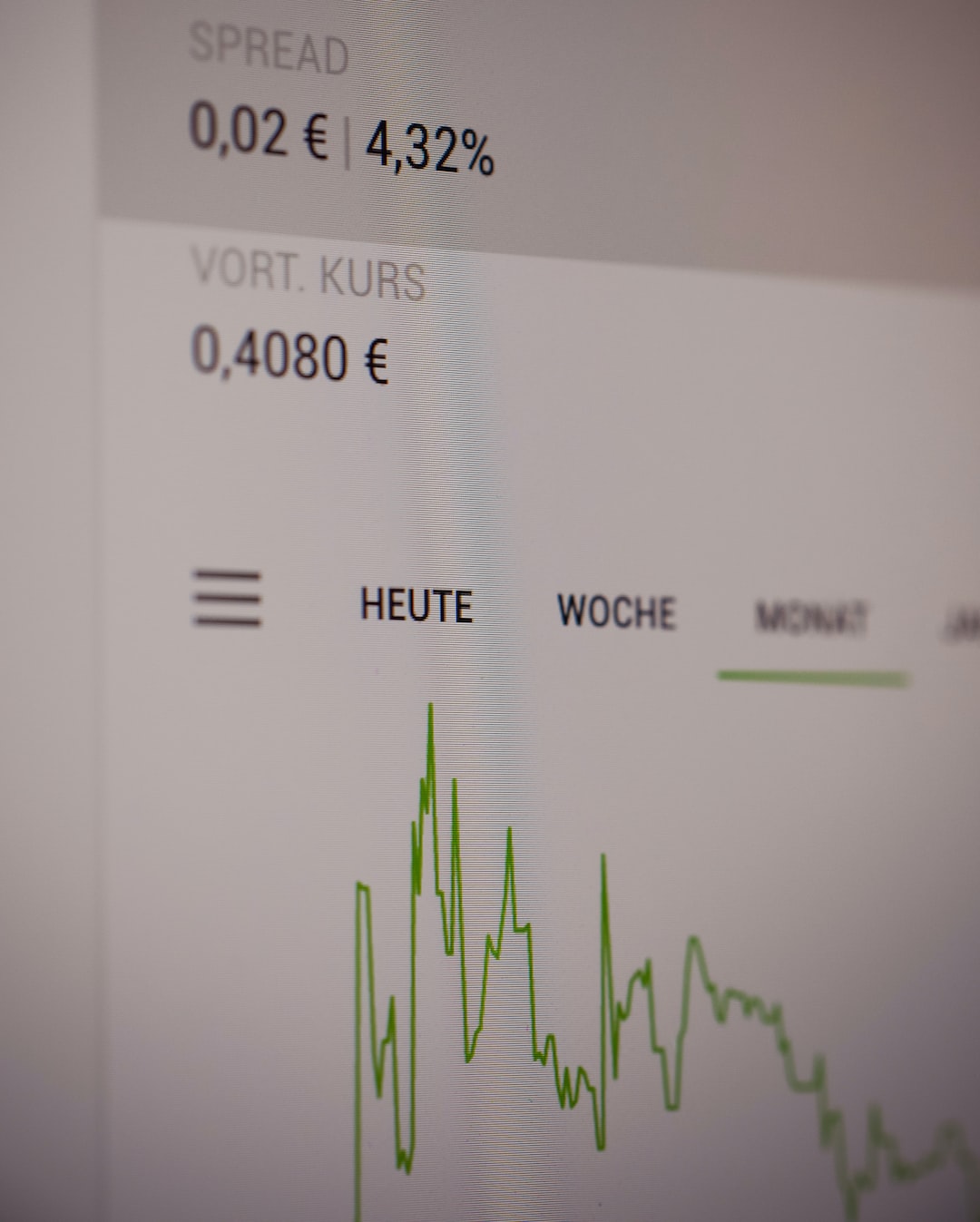If you are a forex trader, you may need to file a 1099 form with the Internal Revenue Service (IRS) for tax purposes. A 1099 form is used to report various types of income you have received throughout the year, including income from forex trading.
However, not all types of forex income are reported on the same 1099 form. There are two main types of forex income that are reported separately:
1. Forex trading gains and losses
If you are a forex trader, you will need to report your trading gains and losses on a Form 1099-B. This form is used to report the proceeds from the sale of securities, including forex trades. The broker or financial institution that you use to trade forex will issue this form at the end of the year.
The Form 1099-B will include information about each trade you made during the year, including the date of the trade, the amount of the trade, and the gain or loss you realized. You will need to use this information to calculate your total gains and losses for the year.
It is important to note that forex trading gains and losses are treated differently than other types of investment income for tax purposes. Forex trades are considered to be ordinary income or loss, which means they are taxed at your ordinary income tax rate, rather than the lower capital gains tax rate.
2. Forex trading income as a business
If you trade forex as a business or as a full-time profession, you will need to report your income and expenses on a Form 1099-MISC. This form is used to report miscellaneous income, including income earned as a freelancer, independent contractor, or business owner.
The Form 1099-MISC will include information about the income you earned from forex trading, as well as any expenses you incurred related to your trading activities. You will need to use this information to calculate your net income or loss for the year.
If you trade forex as a business, you may also be able to deduct certain expenses related to your trading activities, such as the cost of your computer, internet connection, and other trading tools. Be sure to keep detailed records of your expenses throughout the year.
It is important to note that if you earn income from forex trading as a business, you may also need to make estimated tax payments throughout the year to avoid penalties and interest charges. Consult a tax professional for more information.
In conclusion, if you are a forex trader, you will need to report your trading gains and losses on a Form 1099-B, and your trading income as a business on a Form 1099-MISC. Be sure to keep accurate records of all your trading activities and consult a tax professional if you have any questions about how to report your forex income on your tax return.





